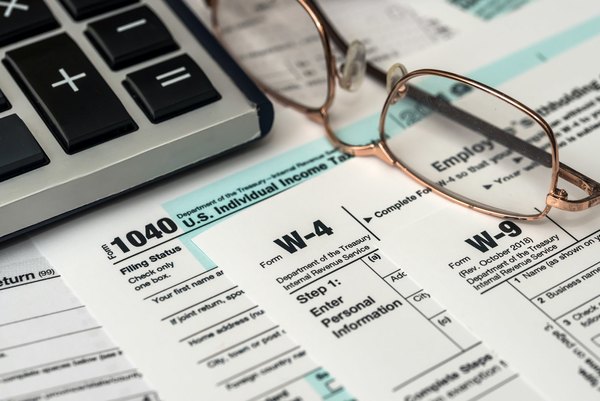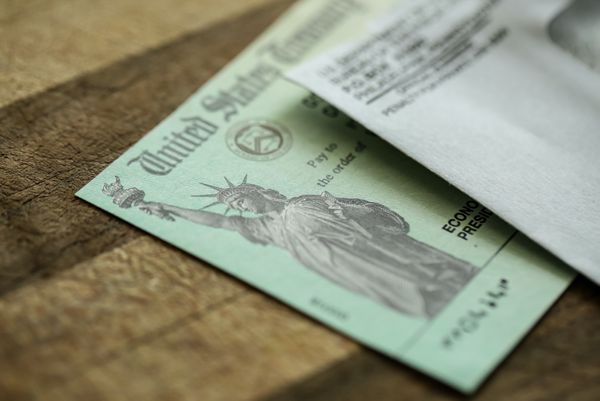If you've lost your job, whether it's due to COVID-19 layoffs or something else, your unemployment benefits are most likely playing a significant role in helping you make ends meet.
For most people, these benefits won't entirely replace the wages they earned as an employee, so it can be easy to spend the entire amount (and wish there was a little more) – and paying taxes on these benefits may not be something you've considered.
But you must think about your next tax bill if you are claiming unemployment benefits. Believe it or not, your unemployment income is considered taxable income. You're not going to have to pay Social Security tax on these benefits, but you will have to declare them on your tax return as taxable income.
How is Your Unemployment Taxed?
The good news is that unemployment income is slightly different when calculating the difference between your gross and net income.
First, while your regular paycheck is subject to payroll taxes like Social Security and Medicare, that isn't the case with unemployment benefits.
Next, there are two ways in which your unemployment benefits are taxed, federal income taxes, and state income taxes. Federal income taxes apply to your benefits as they would to typical earnings, but things may differ at the state level. If you are lucky enough to live in one of 9 states that don't tax unemployment earnings – California, Virginia, New Jersey, Pennsylvania, and Oregon – you don't need to worry.
Your benefits will be taxed at the federal level just like any other income, and the same income tax brackets apply.
Paying Taxes on Your Unemployment
If you wait until the end of the year to pay the tax, you could find yourself owing money that you don't have on hand, so it's better to pay the tax over the year to avoid this kind of surprise.
The first option, which is the easiest, is to get the state unemployment office to withhold it when they pay you. When you apply for benefits, you are given a Voluntary Withholding Request form, which, if completed, will do precisely this. You can also submit this form later if you didn't do it when you applied.
The other option is to make quarterly estimated tax payments, which the IRS says you should do if you expect to owe at least $1,000 in tax.
The important thing to remember is this – even though it seems counterintuitive, the money you are getting from the government while unemployed is taxable just like any other income, so it's best to be prepared to pay those taxes. Don't wait until the last minute, or you could find yourself in trouble.






